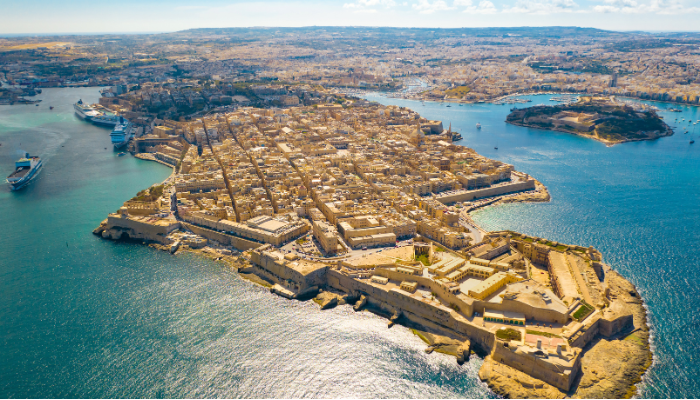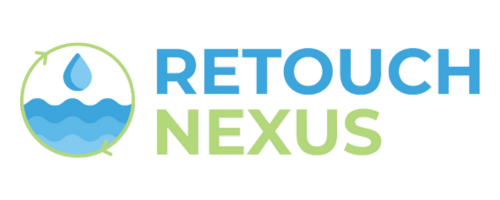Testing Water Governance Solutions
Addressing Europe's Water Challenges through our Case Studies
Dive into our comprehensive case studies that showcase innovative water governance schemes and climate-resilient strategies across Europe.
Understanding RETOUCH Nexus
The Significance of Case Studies
The RETOUCH Nexus case studies are crucial for analysing the impact of water governance systems and policy interventions across various sectors. They span applications from local business parks to regional and national levels, providing a comprehensive framework for evaluating water practices and policies. Each case study supports multiple work streams, including stakeholder engagement, economic and financial models, and dissemination efforts. This multi-dimensional approach ensures the project addresses Europe’s diverse water-related challenges.
Diversity of Water Challenges
Our Case Studies Locations
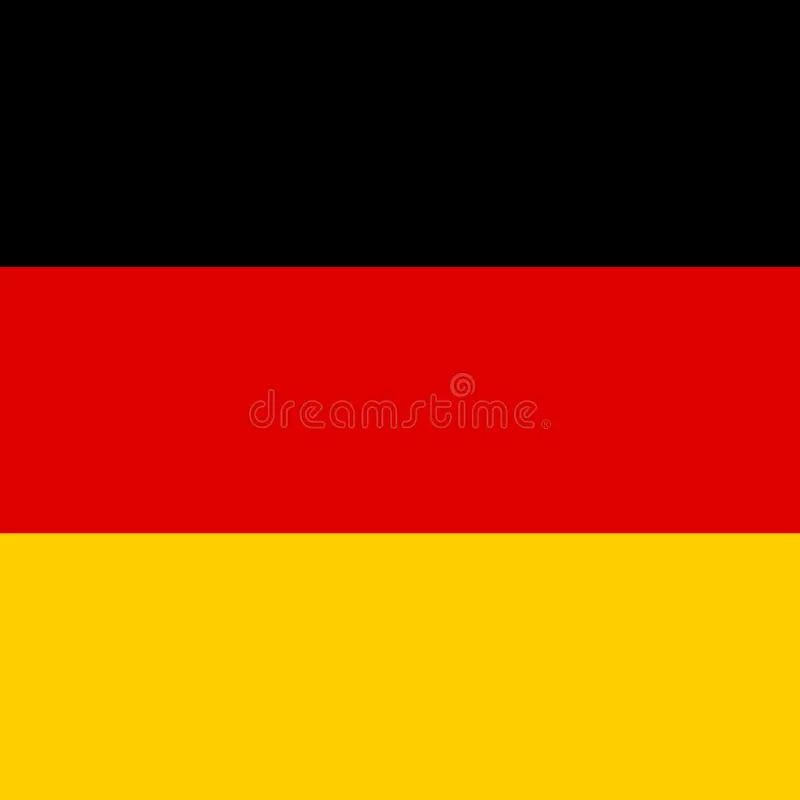
German Upper Main case study
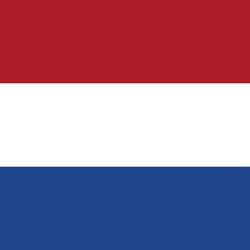
Dutch HHNK case study
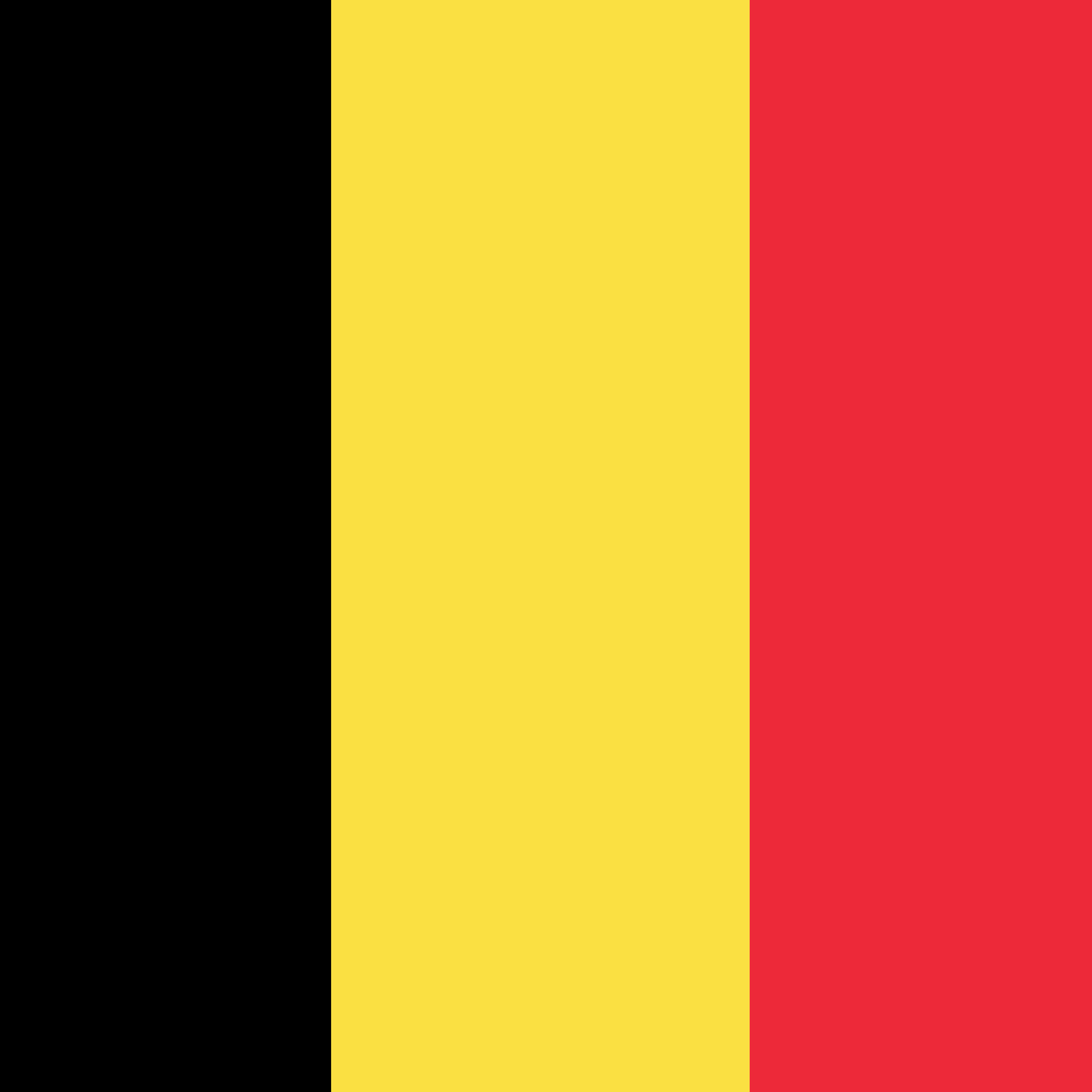
Belgian Waterproof Business park Tielt case study
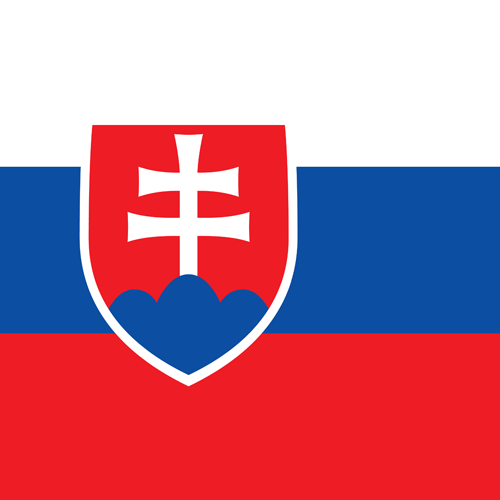
Western Slovakian case study
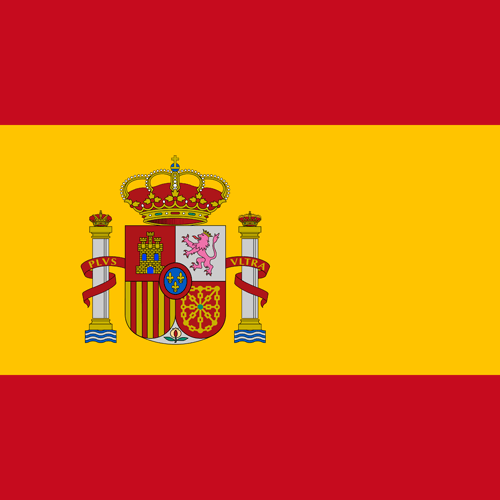
Spanish Jucar River Basin case study
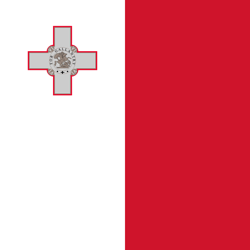
Maltese River Basin District case study
Understanding RETOUCH Nexus
Zoom on Our Case Studies
Spanish Case Study
Jucar basin of Valencia, Spain
Valencia Polytechnic University
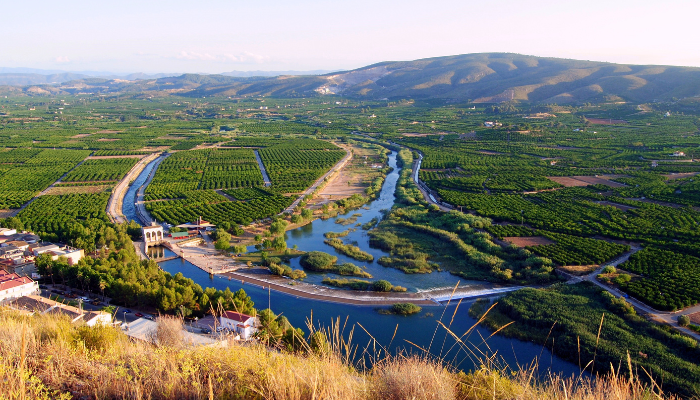
Slovak Case study
South-West part of Slovakia
Slovak University of Agriculture
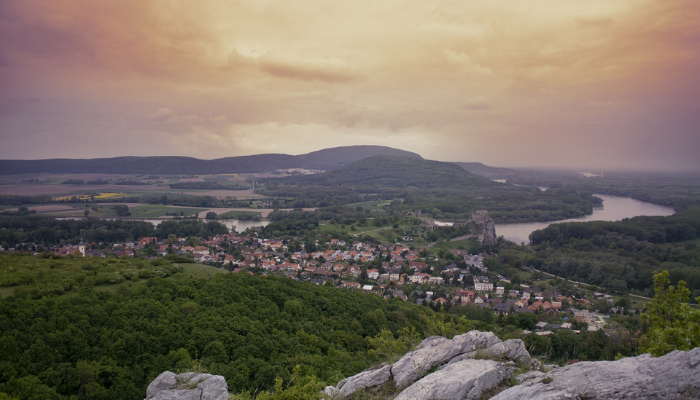
Belgium Case Study
Tielt, Keiberg & Peer
VITO
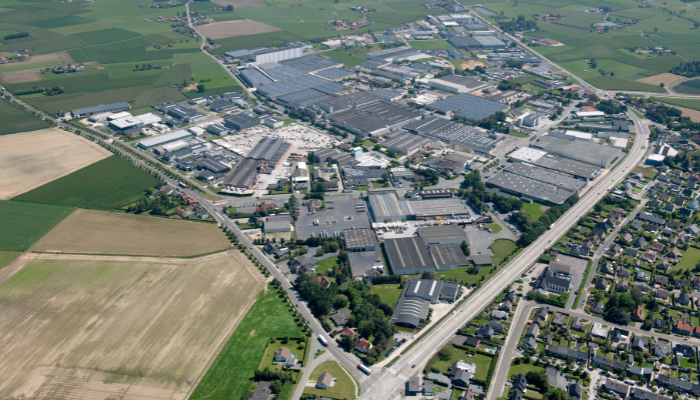
German Case study
Upper Main in Bavaria, Germany
Technical University of Munich

Dutch Case Study
North Holland, The Netherlands
Vrije Universiteit Amsterdam

Maltese Case study
Maltese River Basin District
Energy And Water Agency (EWA)
